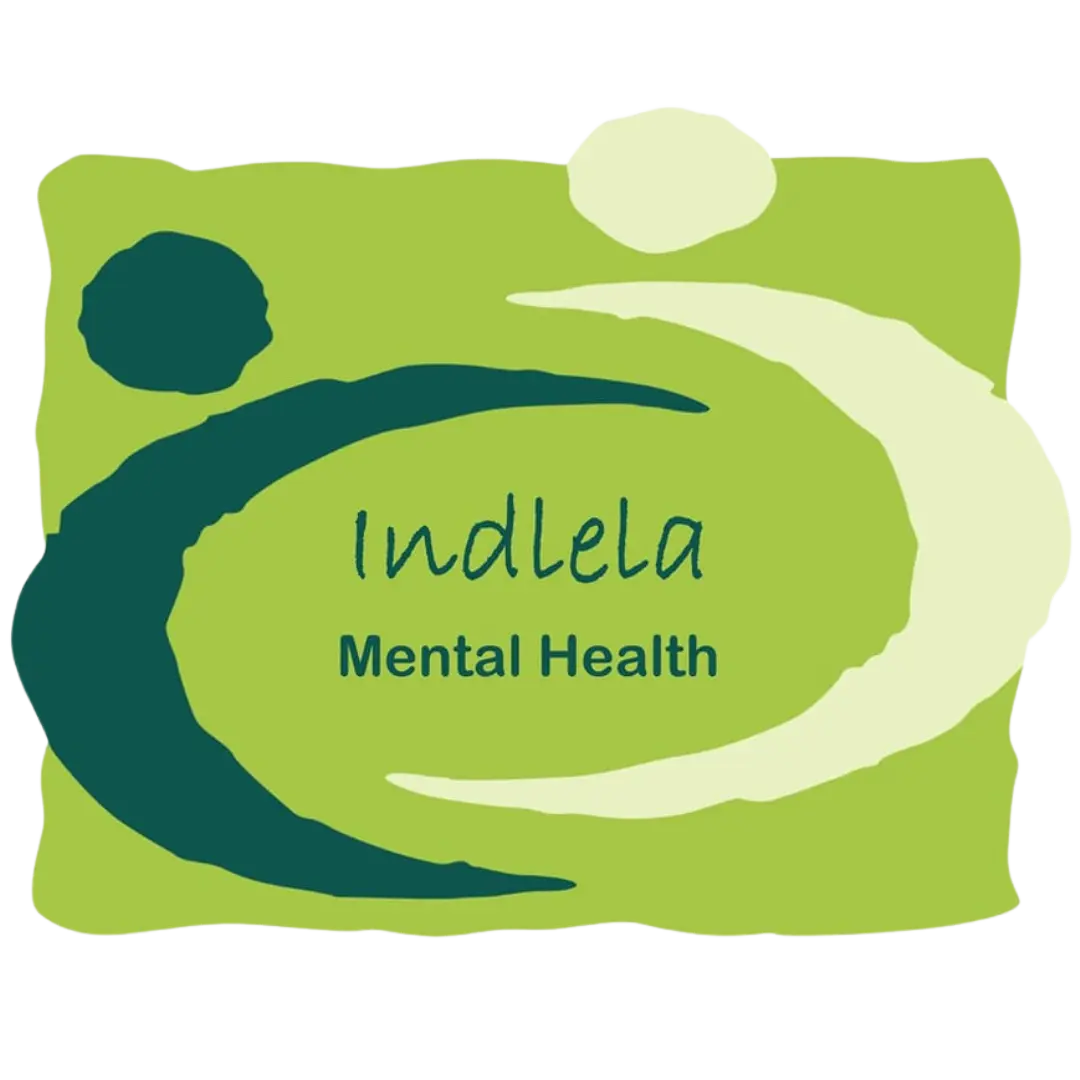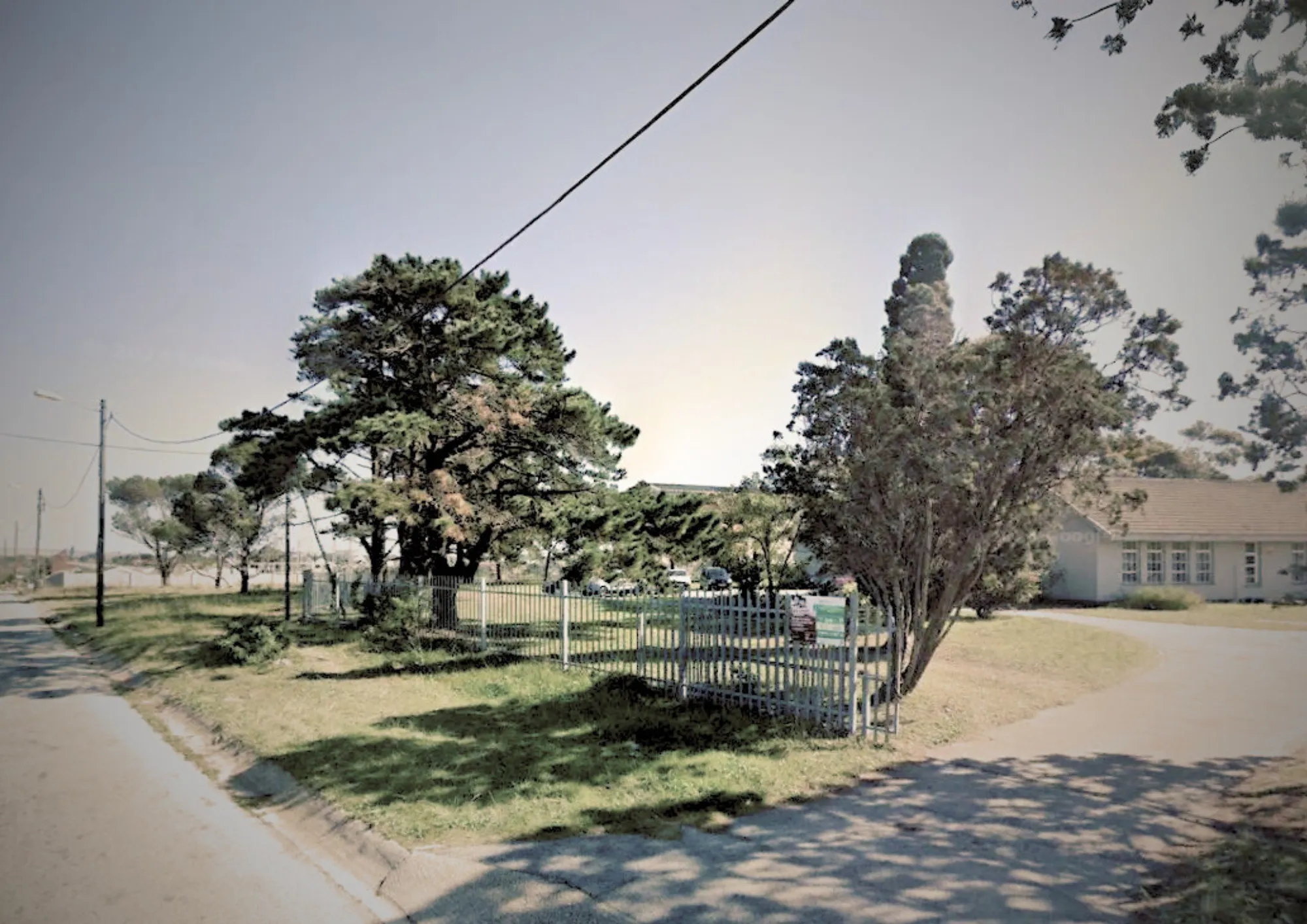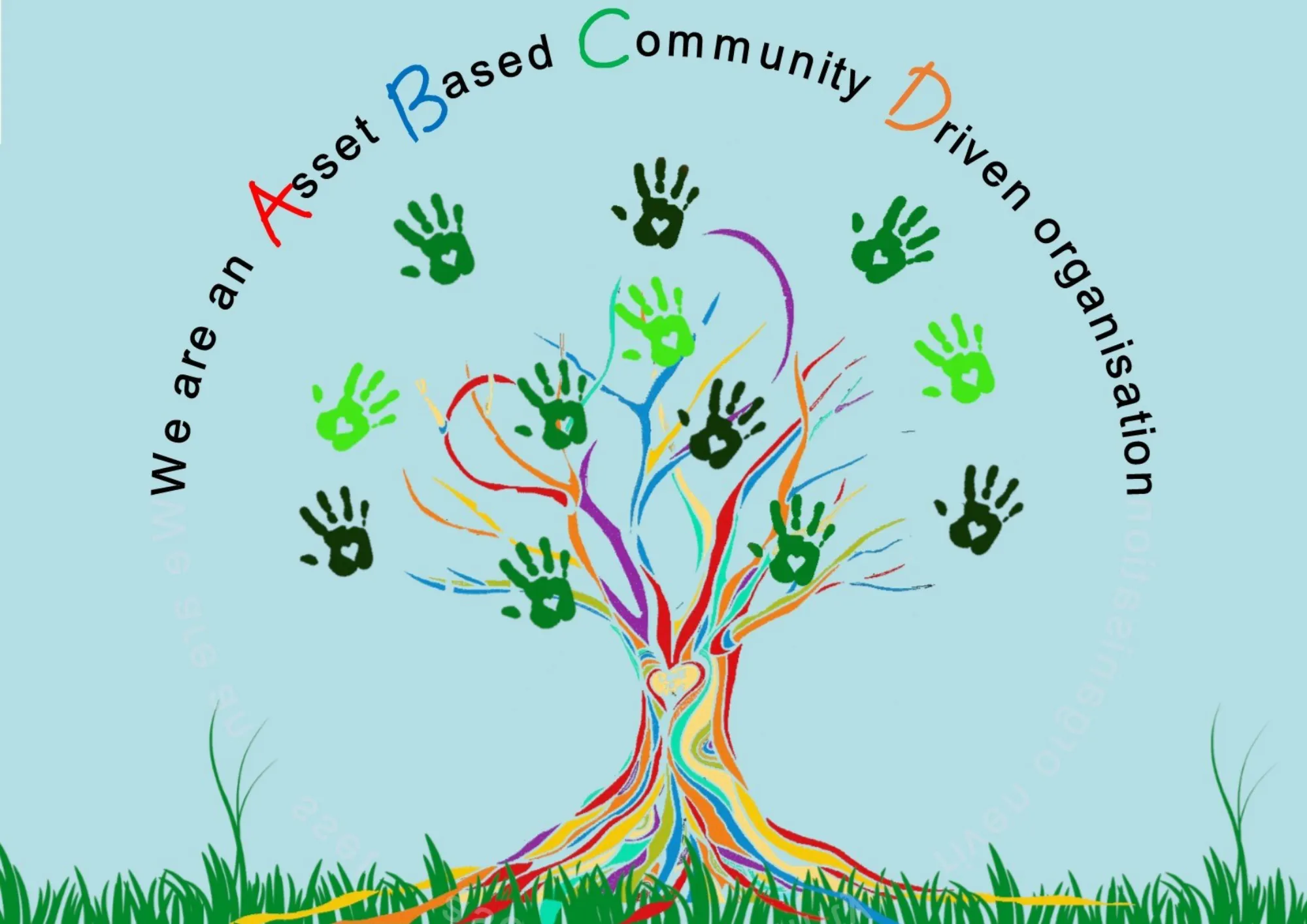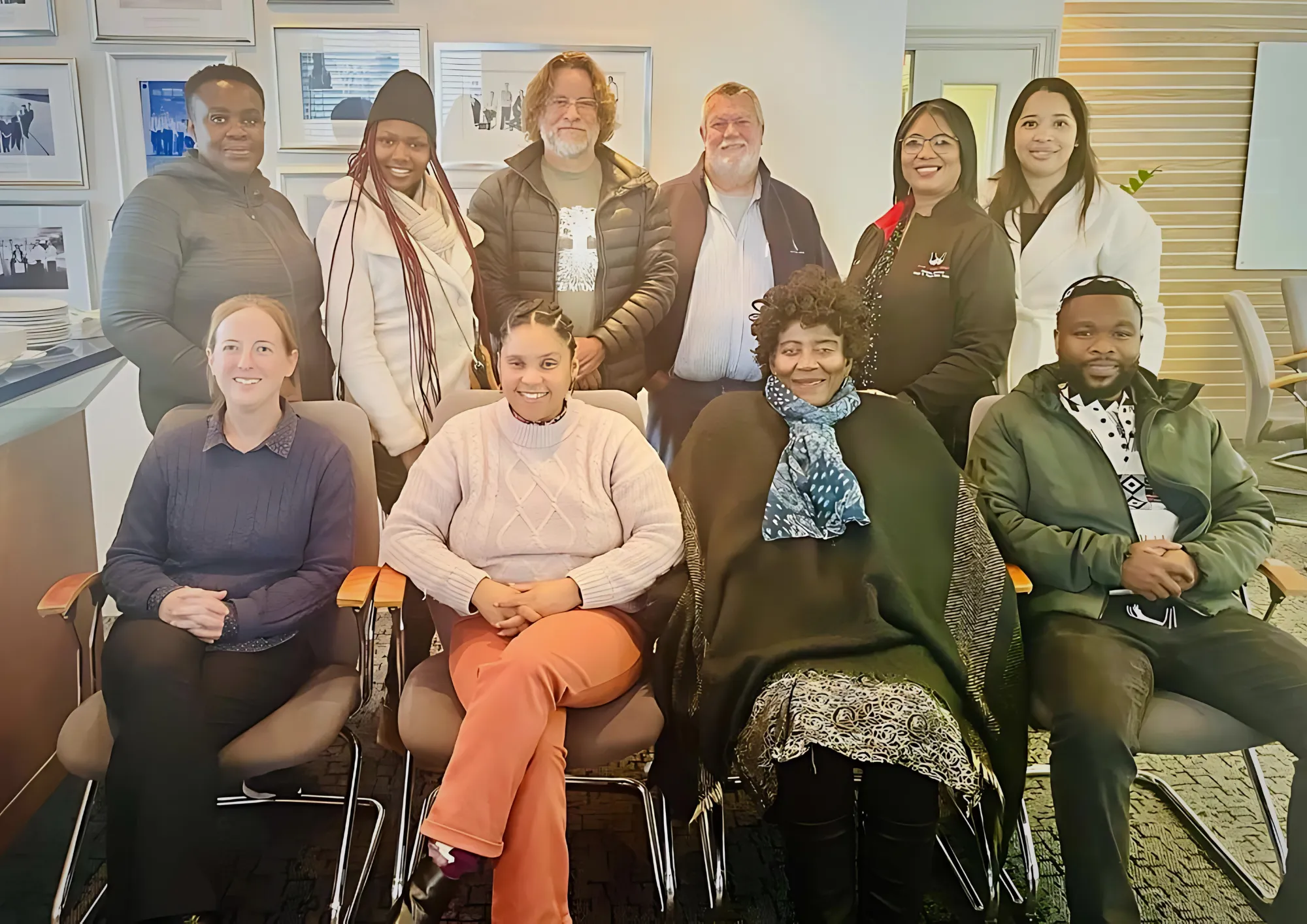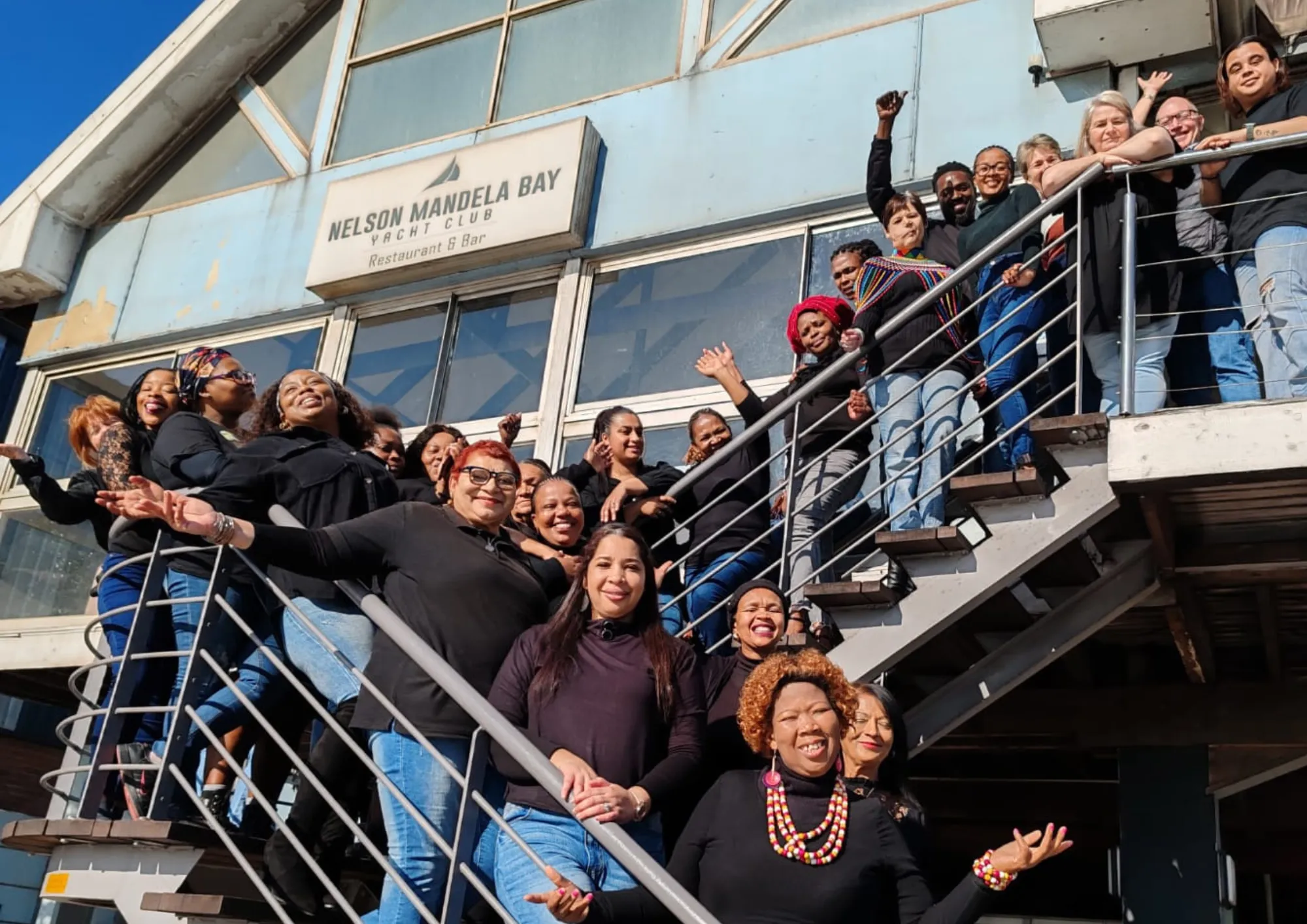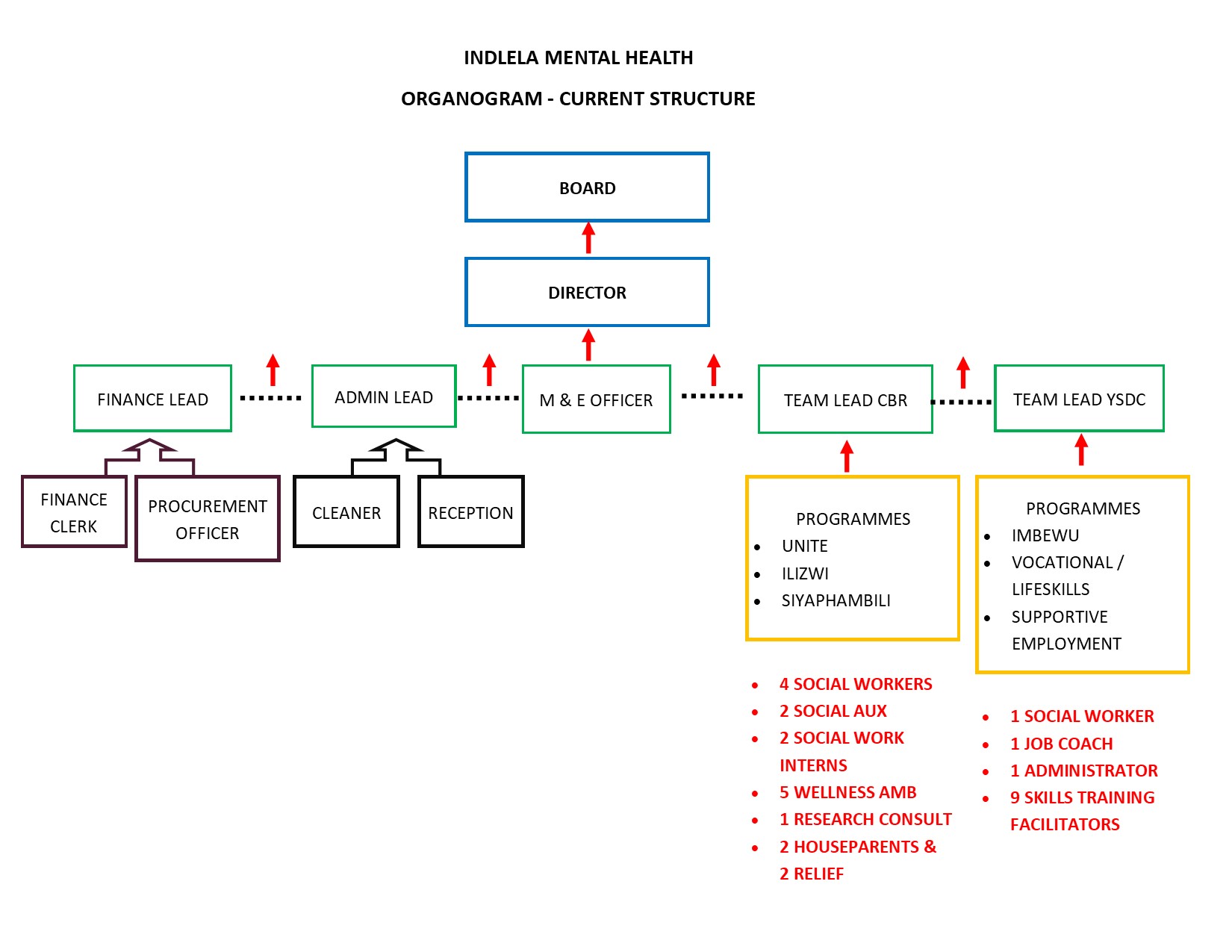WHERE WE ARE GOING
OUR VISION & MISSION
Our vision is that all people are valued, accepted and enjoy mental wellbeing. Our mission is to create a dynamic movement that promotes mental wellbeing and resilience in the Eastern Cape. We facilitate training, skills development and community-driven support networks that unlock local resources and inspire innovation amongst learning partners. We further advocate for inclusion and rights protection of people with intellectual and psychosocial disabilities.
WHERE WE COME FROM
OUR HISTORY
85 YEARS LATER AND STILL GOING STRONG
Indlela Mental Health was established in 1939 in response to the needs highlighted by learning partners with intellectual disabilities and psychosocial disabilities and their families. From the onset, the organisation rendered holistic services, not discriminating on basis of race or religion.
HOW WE WORK
OUR PHILOSOPHY
ASSET BASED COMMUNITY DEVELOPMENT (ABCD)
Our transformation journey started in 2016 at a time when the organisation experienced a change in leadership. Hungry for rebirth of our 80-year-old organisation, we are proud that ABCD has supported our transformative development and formed the basis for our 5-year strategic plan. Harnessing a pool of contributions amongst staff, board and learning partners our new strategic vision encapsulates capabilities and community-driven partnerships within communities.
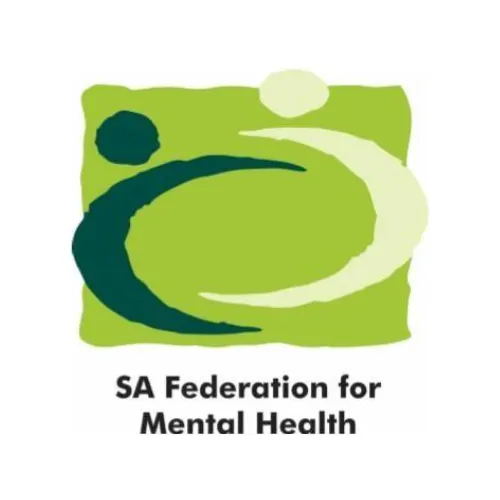
OUR AFFILIATION
SA FEDERATION FOR MENTAL HEALTH
Indlela Mental Health is a constituent Mental Health Society of the SAFMH national office which is located in Randburg, Gauteng.
The SA Federation for Mental Health is a mental health-focused, human rights organisation, with a 100-year track record of advocacy in South Africa. SAFMH is a South African-based non-profit organisation that believes access to quality mental health care is a human right and strive to make this happen through advocacy and awareness.
TEAMWORK MAKES OUR DREAM WORK
MEET OUR BOARD
The Board of IMH is pivotal and key to the resilience and longevity of the organisation. We have a robust board who volunteer expertise, time and commitment to social change whilst bringing stability and credibility to IMH. They hold accountability and good governance within IMH and is a representative cross-section in terms of race, gender, and individuals with disabilities.

Sheri-Ann Pietersen
CHAIRPERSON
MESSAGE FROM OUR CHAIRPERSON
2023-2024 has been both a challenging and exciting year for Indlela Mental Health (IMH). As an organisation, we have experienced some highs and lows but have come out strong as we end this financial year. A sailing analogy may be apt here: “We sailed pretty rough seas”, engaging staff voices and organisational policy implementation, restructuring, and seeing the end of a valuable project – Khatala (Dare to Care).
It must be said that, through its 84 years, IMH has learnt to be agile, creative, and stand the test of time. Our dynamism has enabled us to build sustainability through the ABCD community development model. We have established a footprint in new spaces, built our team, and hooked a “big fish” financially. These positives have allowed us to plan ahead and secure another few years of continued growth for the organisation.
The Board and I are pleased to commend IMH staff and members for their continued hard work despite real challenges. We acknowledge the great passion and pride with which they execute the vision and mission of Indlela Mental Health. With a wonderful crew, this ship dares to chart many territories!
In the past year, we have bestowed Honorary Membership to Dr Gary Koekemoer after 14 years of service on the IMH board. We also congratulated our vice-chairperson Mrs Zodwa Dube who received the Board Member of the Year Award in 2023.
We continue to be immensely grateful to our most generous donors, sponsors, and funders who allow this organisation and its willing, active, and capable staff to continue the great work with our learning partners and their families in many communities.
Our Director (and Captain) Limeez Botha truly deserves our praise as she continues to go above and beyond to keep our ship on course, and does a pretty good job of cultivating wonderful relationships with our partners whilst creating new networks and possibilities for Indlela Mental Health.
What an honour and privilege it has been to serve with the members of the Board of Indlela Mental Health. My sincere gratitude, colleagues, for your contribution in time, energy, and efforts in ensuring a sustained Indlela Mental Health for years to come. Thank you so very much.
May Indlela Mental Health continue to be open to listening and learning from its members and communities, continuously reflecting, to reach the ‘higher heights’ we all aspire towards.
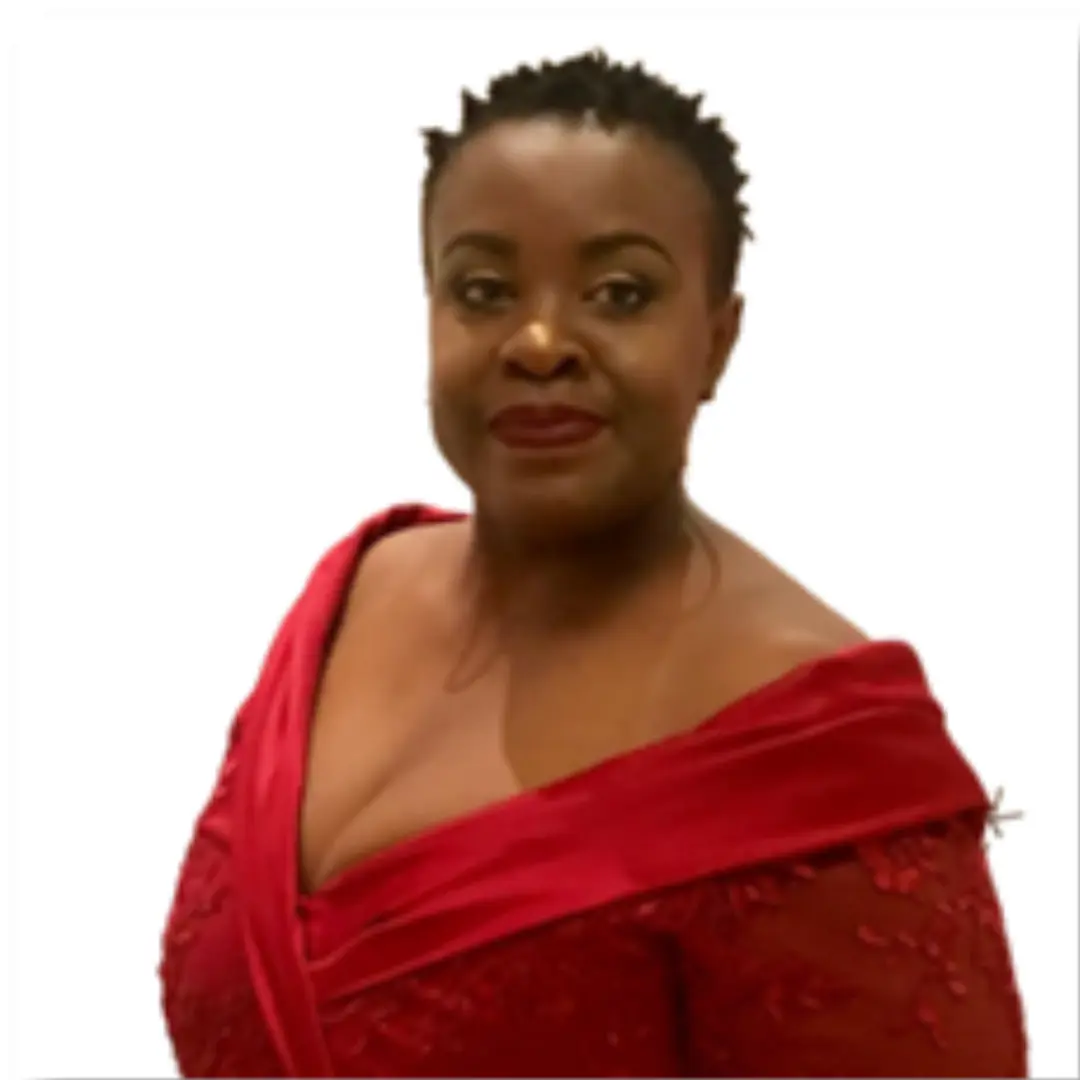
Zodwa Dube
BOARD MEMBER
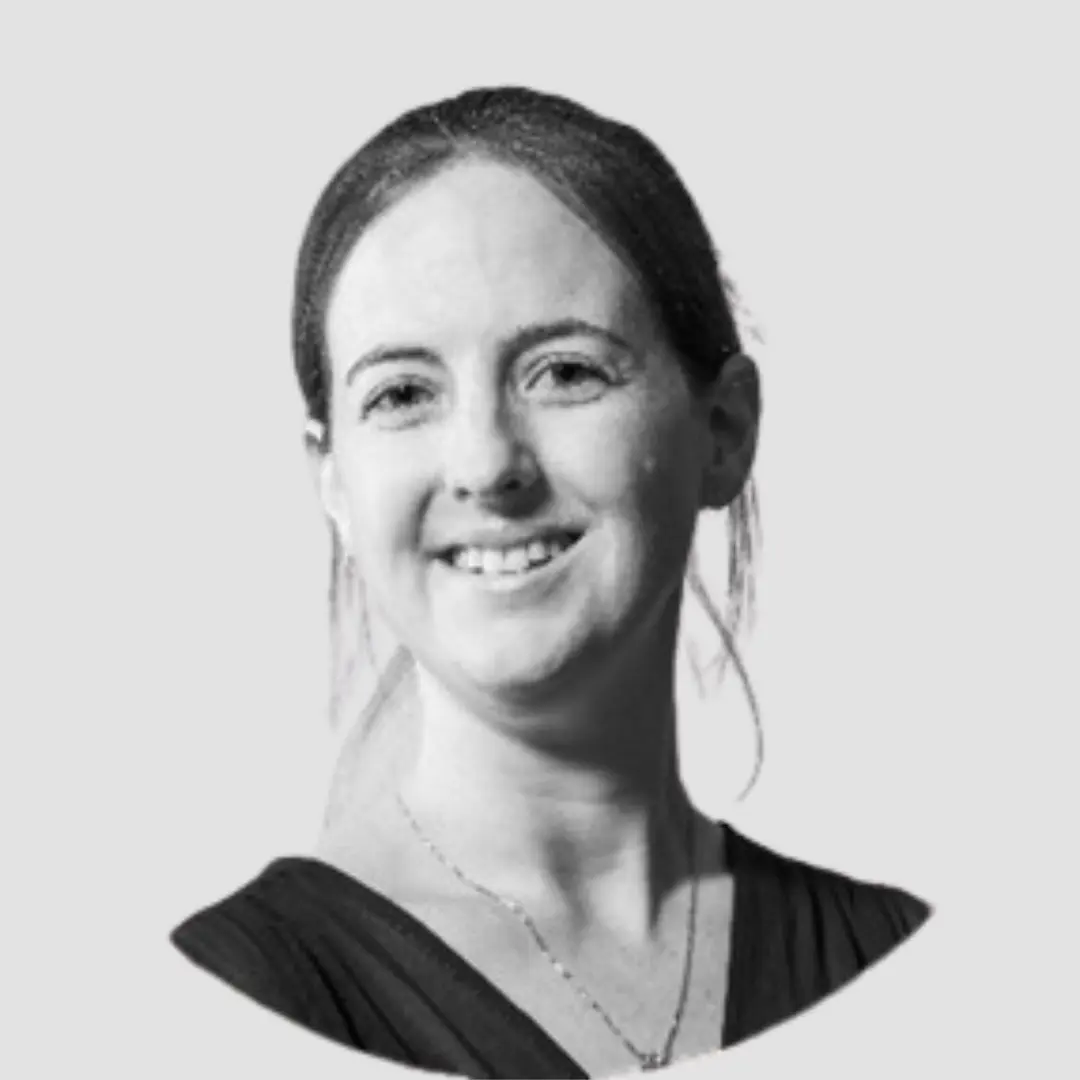
Loren Burton
BOARD MEMBER

Lucinda Hoffman
BOARD MEMBER
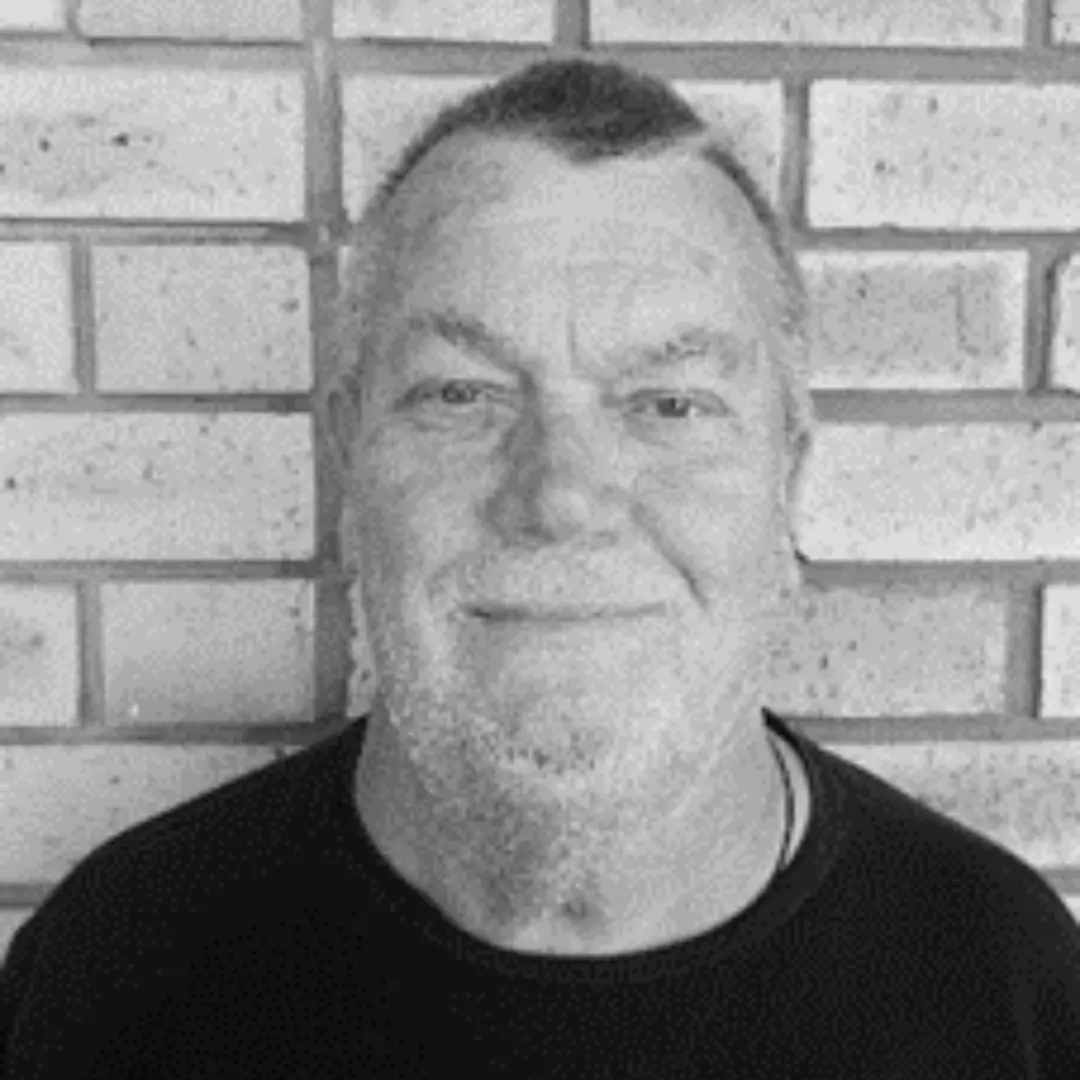
Richard Chapman
BOARD MEMBER
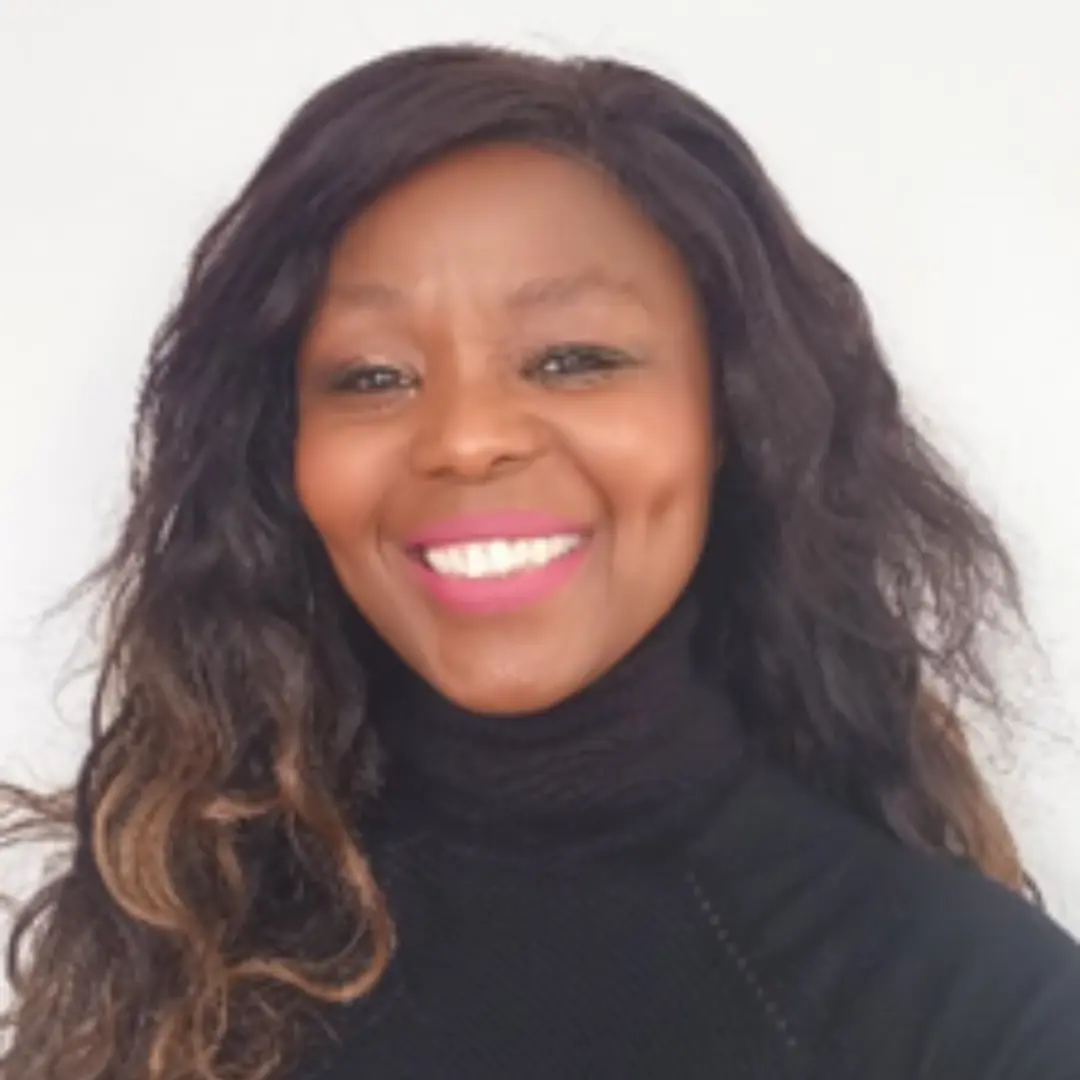
Motshabi Mokolobate
BOARD MEMBER

Brushane Cedrass
BOARD MEMBER

Jo-Ann Lewis
BOARD MEMBER

Ayanda Makinana
BOARD MEMBER

Nompumelelo Princess Dinisa
BOARD MEMBER
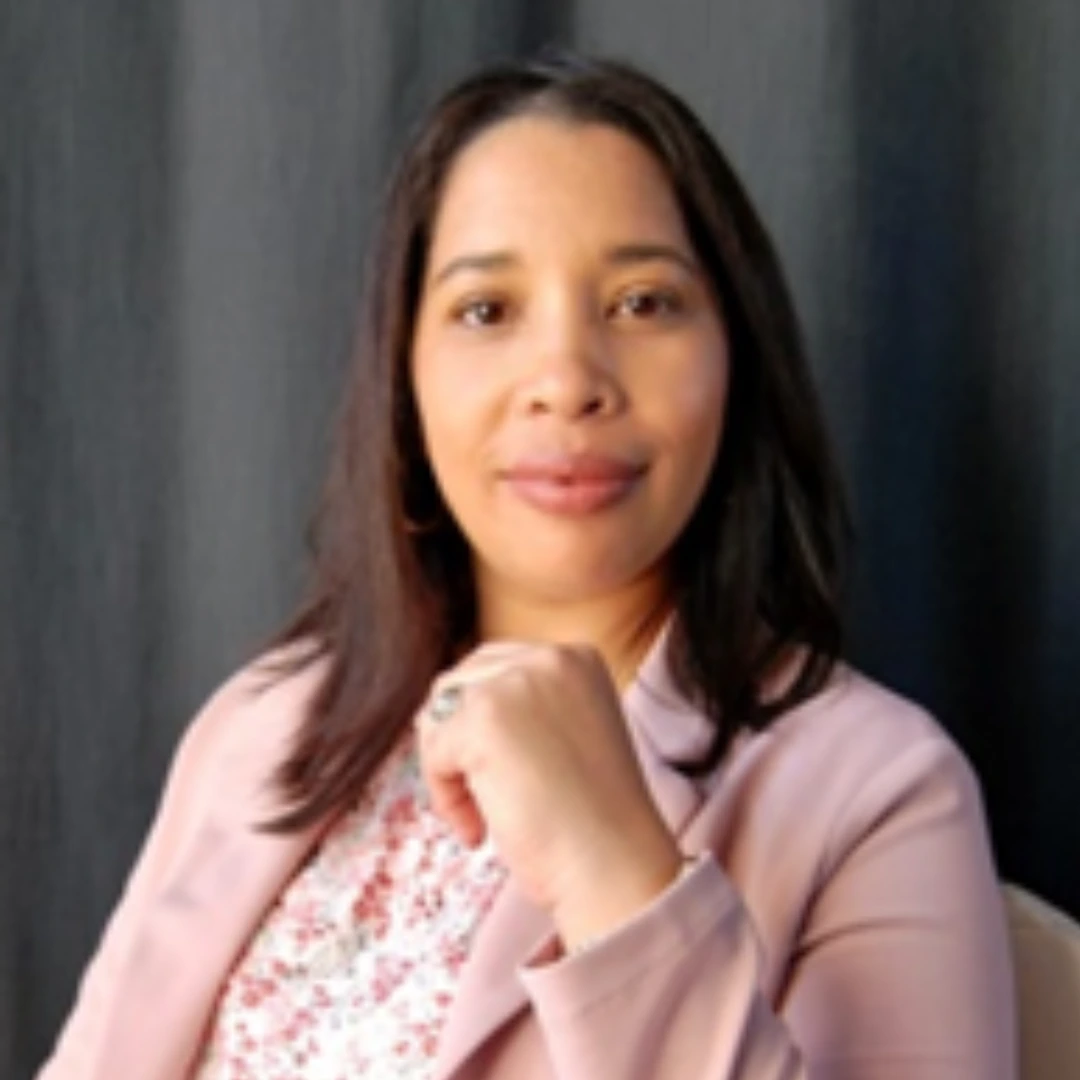
Limeez Botha
EX-OFFICIO MEMBER (DIRECTOR)

Leshey Brooks
STAFF REPRESENTATIVE
TEAMWORK MAKES OUR DREAM WORK
MEET OUR LEADERSHIP FORUM
At IMH we value creative solutions, as well as fully embracing Asset Based Community Development which teaches us to be mindful of all the skills and strengths of our employees. We are proud to introduce our Leadership Team at the helm of our programme, project, and campaign teams.
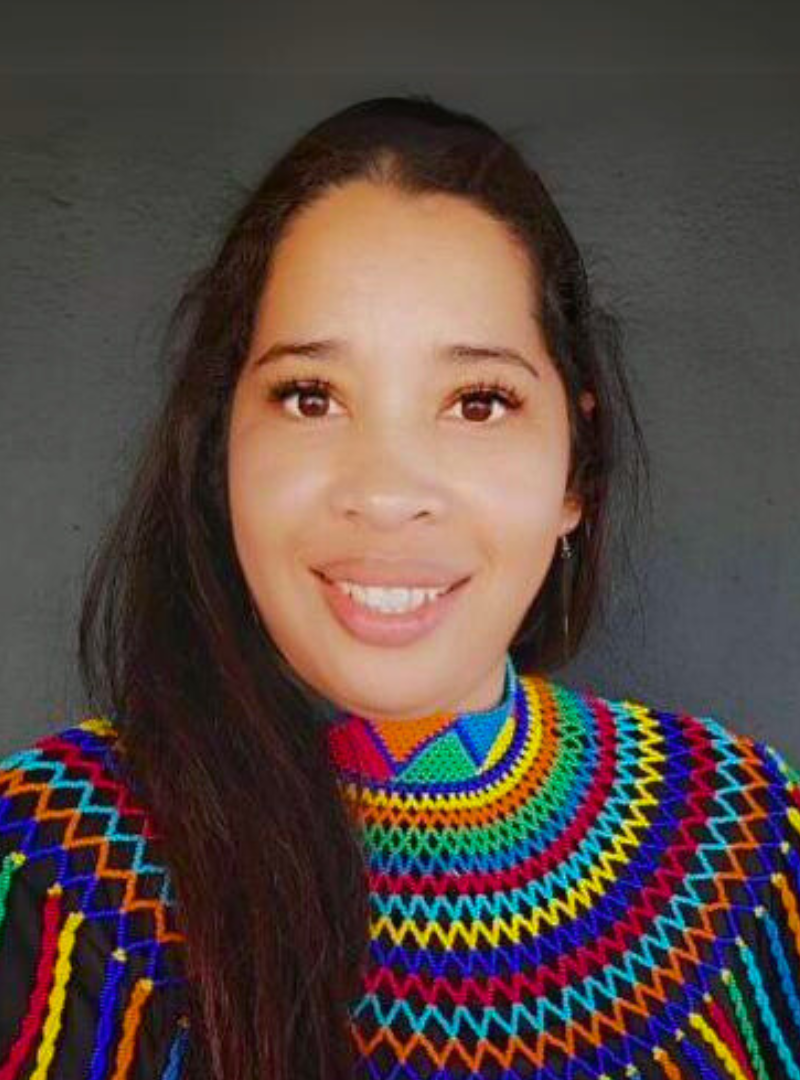
Limeez Botha
DIRECTOR
MESSAGE FROM OUR DIRECTOR
Indlela Mental Health (IMH) is dedicated to the promotion of optimal wellness and full social inclusion for all Learning Partners with psychosocial and intellectual disabilities in Nelson Mandela Bay.
2023-2024 saw IMH expand its transformative agenda as the only community-based mental health organisation in the Bay. As an organisation advocating for the rights of persons with mental disabilities and working to uphold the various principles, policies, and practices embedded in such rights, we are proud to be part of the solution to the significant mental health challenges in our communities. This approach places front and centre the call by those who benefit from our work for social acceptance and the right to have their needs and realities recognised and addressed in society.
We supported over 1200 families with mental disabilities, particularly those living in under-resourced communities. We forged new partnerships and discovered innovative ways to stay connected with our community (e.g. launching the online Teen Buzz support groups). Khatala – a 40-month advocacy programme – paved the way for the phase 2 pilot project UNITE (Uprooting Negativity, Inspiring Tolerance and Empowering against Stigma and Bullying). We are very thankful to Kindernothilfe for believing and investing in this vision.
In partnership with Terre des Hommes, we embarked on a feasibility study in New Brighton to assess the readiness of the community to support the viability of youth with intellectual disability in establishing an entrepreneurship program. More than 60% of respondents committed to supporting the new business initiative of a sustainable food gardening supplier. Rasmeni Farm School assisted with the design, land preparation, infrastructure, training (Learning Partners and Facilitators), nursery set-up, and planting of crops. Our fresh vegetables are gaining traction in New Brighton and our fully stocked consignment shop is now being managed by the Learning Partners and Job Coach.
After 2 difficult years of searching for new premises to accommodate Sikhulile Youth Development in Motherwell, IMH acknowledges and is very grateful for the support from the Envirohub, the Department of Social Development, parents, local councillors, and schools towards this end. Ezethu Development Trust not only invested in the modified containers but walked the journey as we sourced the best solution. In May 2024, we finally opened the new doors of Sikhulile. Thank you Coselelani School for providing the land!
In our 2023/2024 Annual Report, you will read more about the organisation’s work underpinned by five key programmatic areas: Empowerment, Assets, Reintegration, Education, Community, and the innovative Awareness Programmes available to our partners in each of these areas. You will see messages from Learning Partners and Associates sharing the impact that our work has had on their lives. You will also find IMH’s audited financial statements, along with information about our leadership and steadfast team members. In all aspects of our work, we seek to adhere to the highest standards of non-profit governance and fiscal accountability.
When it comes to IMH’s staff, there is only one thing to say: THANK YOU! IMH is incredibly fortunate to have such dedicated and compassionate staff members. Thank you for enabling our work through your generosity. You fuel our mission and, because of your commitment to those we serve, you are heroes!
We express gratitude to our Board who continue to offer guidance and support. We recognize that IMH is in a very fortunate position to have a strong and engaged Board that tirelessly offers up their valuable time to the organisation. We thank our donors for their continued support, without which IMH would not have been able to reach these remarkable achievements. Our funders, many of whom are multi-year partners, have once again demonstrated their commitment to achieving our common goals. So, as we celebrate this year, we take the opportunity to applaud our donors who have continued to serve the many communities and Learning Partners we have reached. We look forward to your continued support for many years to come.

Charmain Cockcroft
FINANCE
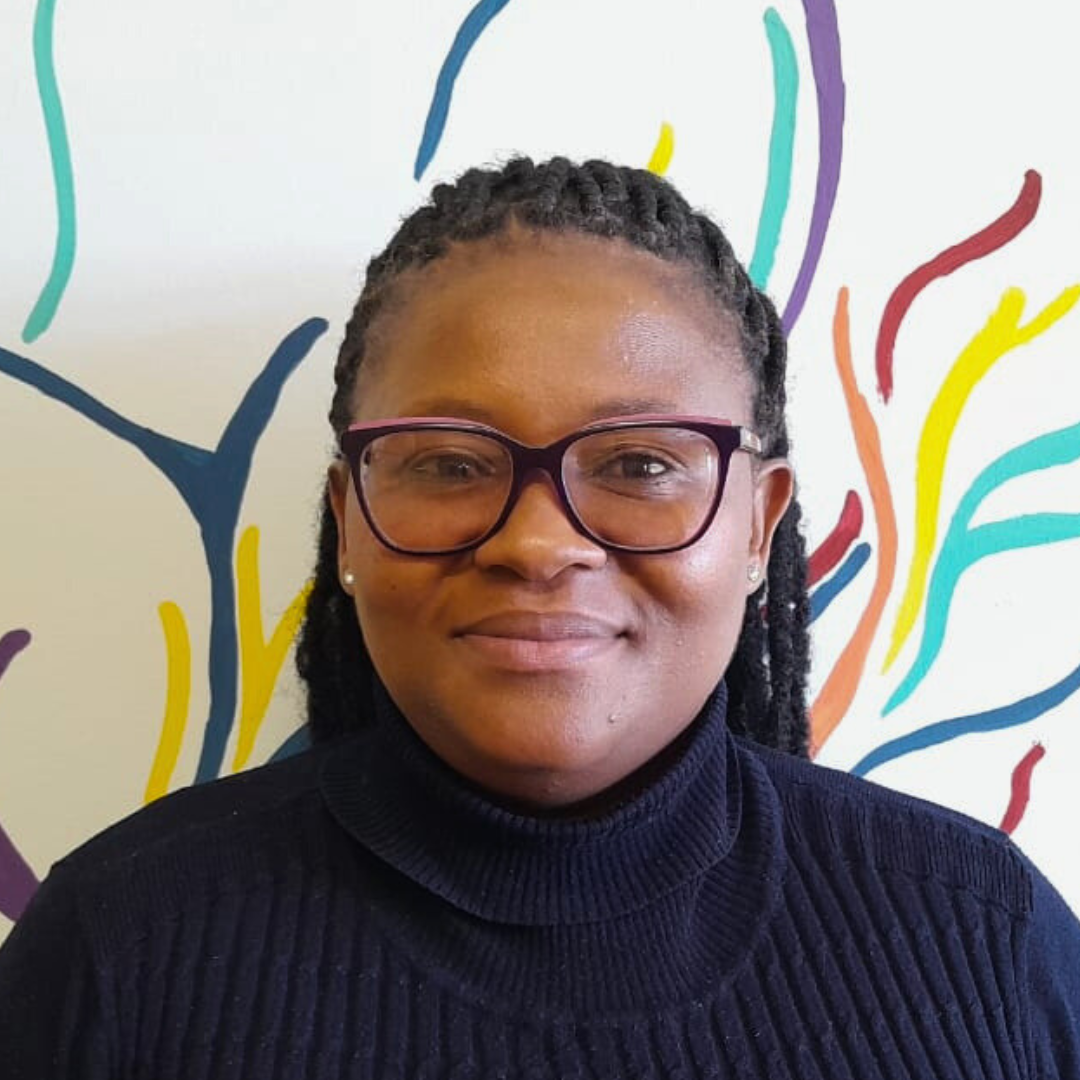
Thulisa Komata
ADMINISTRATION

Merle Blunden
MONITORING & EVALUATION

Noqobo Betela
PROGRAMME LEAD

Sanchia Matthysen
PROGRAMME LEAD
TEAM STRUCTURE
OUR ORGANOGRAM
